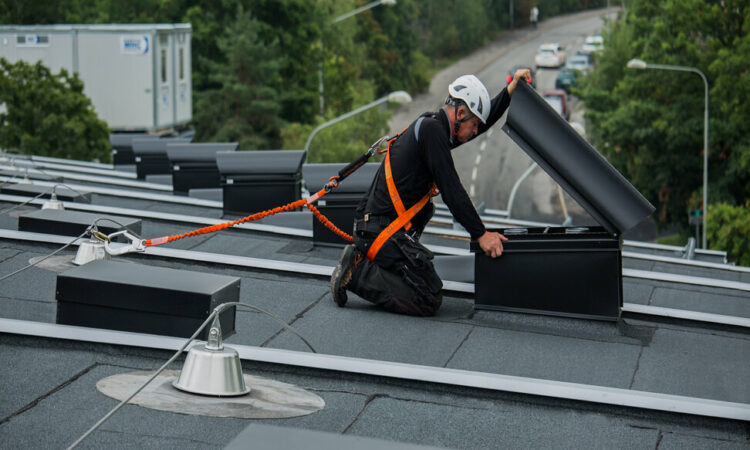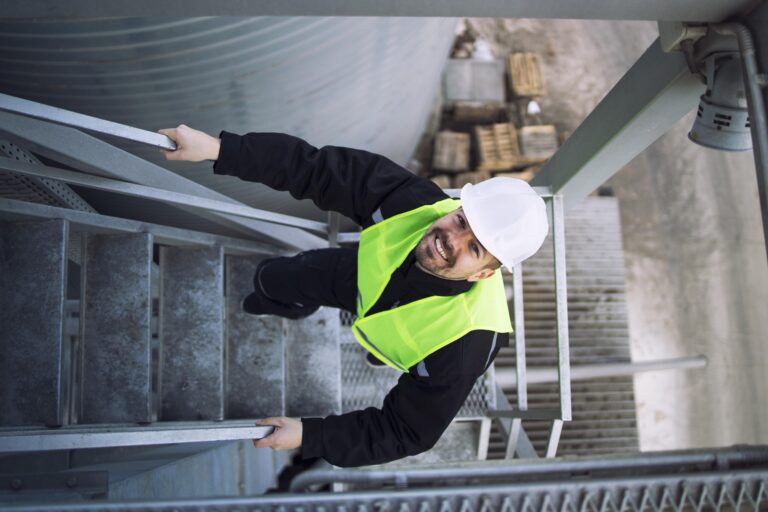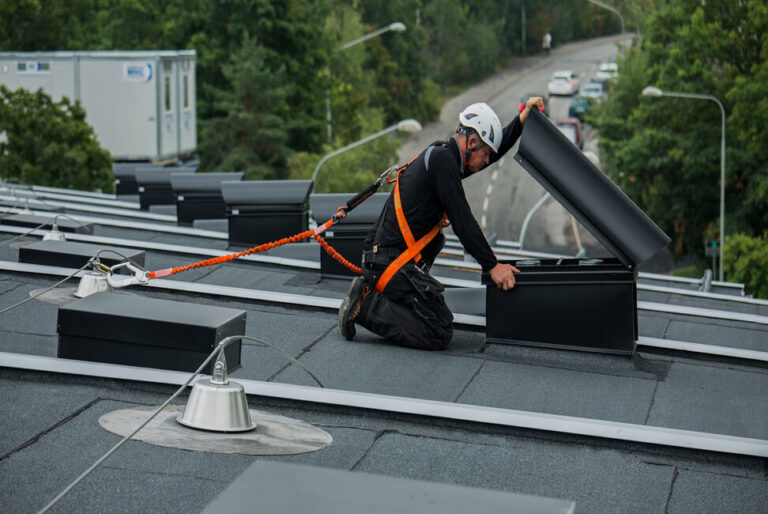anchor, hazard, safety, occupational safety and health, fall protection, occupational safety and health administration, fall arrest, roof, personal protective equipment, construction, ladder, lanyard, injury, inspection, safety harness, confined space, american national standards institute, fall prevention, skylight, roof safety railing, administrative controls, steel, employment, rope, transport, railcar, aircraft, mezzanine, building code, manufacturing, communication, wire rope, vehicle, leading edge, checklist, workplace, parapet, beam, risk, regulation, elevator, emergency, hierarchy, fall protection harness, fall restraint system, fall protection lanyard, roof guardrail system, werner fall protection, guard rail system, garlock safety rails, fall restraint lanyard, mobile fall protection system, fall protection systems, lifeline systems, standing seam roof anchor, roof fall protection, horizontal lifeline, ladder safety system, fall restraint, fall protection anchor points, fall protection anchors, guard rail, passive fall protection systems, scaffolding, handrail, stairs, floor, lifeline, aerial lift, shock absorber, american society of safety professionals, national institute for occupational safety and health, roofer, training, board of directors, accident, risk management, leadership, bureau of labor statistics, emergency service, construction worker, knowledge, environmental health, fall protection solutions, personal fall arrest, fall protection equipment, inspection checklist, fall protection safety, fall protection program, fall protection training, retractable lanyard, body harness, fall arrest harness, exofit harness, safety harness and lanyard, falltech harness, sala harness, dbi sala harness, fall harness, miller harness, fall arrest system, self retracting lifeline, full body harness, roof anchor, safety lanyard, safety harnesses, self retracting lanyard, concrete
When fall protection is required?
Fall protection is required when employees are working at heights of six feet or more in general industry settings, or when working at heights of four feet or more in the construction industry, to prevent serious injuries from falls.
Is fall protection required on a flat roof?
Fall protection is required on a flat roof to ensure employee safety. Due to the risks associated with working at heights, implementing safety systems and equipment is essential to prevent falls and injuries.
Fall protection is required at what height?
Fall protection is required at heights of six feet for general industry, while it is set at five feet in the construction industry. Compliance with these regulations is essential to ensure worker safety.
Is fall protection required on a scissor lift?
Fall protection is required when using a scissor lift. According to OSHA regulations, personal fall protection systems must be utilized when workers are at risk of falling from heights, ensuring their safety while operating equipment.
What are considered to be passive fall protection systems?
Passive fall protection systems are safety measures designed to prevent falls without requiring active involvement from workers. Examples include guardrails, safety nets, and engineered safety walkways, which provide physical barriers to protect employees working at heights.
Fall protection is required when working on a roof?
Fall protection is essential when working on a roof. It is required to prevent falls, which can lead to serious injuries or fatalities, ensuring the safety of workers at heights. Implementing proper safety measures protects employees and complies with regulations.
Is fall protection required on a portable ladder?
Fall protection is required when using a portable ladder in various situations. According to OSHA regulations, if the ladder is used in an area where there is a risk of falling from a significant height, appropriate fall protection measures must be implemented to ensure worker safety.
Is fall protection required when working above what height?
Fall protection is required when working at heights of 6 feet in general industry settings, 4 feet in the construction industry, and 8 feet in residential construction. Compliance with safety regulations is crucial to ensure worker safety.
Is fall protection required on a ladder?
Fall protection is indeed required when using a ladder in many workplace scenarios. Employers must ensure safety measures, such as guardrails or personal fall arrest systems, are in place to prevent accidents when employees work at heights.
Is fall protection required on scaffolding?
Fall protection is indeed required on scaffolding. Employers must ensure that appropriate safety systems are in place to protect workers from fall hazards while working at heights.
Is fall protection required when erecting scaffolding?
Fall protection is required when erecting scaffolding. To ensure worker safety, it is essential to implement appropriate fall protection systems during the assembly and disassembly of scaffolding structures, as workers are often at significant heights.
What is fall protection in construction?
Fall protection in construction refers to safety systems and equipment designed to prevent workers from falling from heights, ensuring their safety while performing tasks such as roofing, scaffolding, or working on elevated surfaces.
What are common fall protection regulations?
Common fall protection regulations include OSHA standards, which mandate that employers provide necessary safeguards like guardrails, safety nets, and personal fall arrest systems for employees working at heights over six feet.
How is fall protection training conducted?
Fall protection training is conducted through a combination of classroom instruction and hands-on practice, focusing on safety protocols, proper use of equipment, and hazard recognition to ensure employees are well-prepared for working at heights.
Which industries require fall protection measures?
Various industries require fall protection measures, including construction, roofing, manufacturing, warehousing, telecommunications, and utilities. These sectors often involve work at heights or elevated surfaces, making safe practices essential for employee protection.
What are the benefits of fall protection systems?
The benefits of fall protection systems include enhanced safety for workers at heights, reduced risk of accidents and injuries, compliance with safety regulations, and increased productivity by providing a secure work environment.
How often should fall protection equipment be inspected?
Fall protection equipment should be inspected regularly to ensure safety and compliance. It is recommended to perform an inspection before each use and a more thorough examination at least annually, or as per manufacturer guidelines.
What is the cost of fall protection solutions?
The cost of fall protection solutions varies based on factors such as the specific system required, site conditions, and customizations needed. To get an accurate estimate for your project, it's best to consult with US Fall Protection directly.
How do you implement fall protection plans?
Implementing fall protection plans involves assessing the worksite, identifying hazards, selecting appropriate safety systems, training employees, and regularly reviewing and updating the plan to ensure compliance and effectiveness.
What role does personal protective equipment play?
The role of personal protective equipment (PPE) is crucial in safeguarding workers from potential hazards associated with working at heights. It provides essential protection against falls, injuries, and other risks, thus enhancing overall workplace safety.
What are the types of fall protection equipment?
The types of fall protection equipment include harnesses, lanyards, lifelines, safety nets, guardrails, and anchor points, all designed to safeguard workers at heights and prevent falls in various work environments.
How can workers be trained on fall hazards?
Training workers on fall hazards involves a combination of safety education, practical demonstrations, and regular assessments to ensure they understand the risks and safety measures required when working at heights.
What are the consequences of inadequate fall protection?
The consequences of inadequate fall protection can be severe, including workplace accidents, serious injuries, and fatalities. Additionally, employers may face legal liabilities, financial penalties, and damage to their reputation due to non-compliance with safety regulations.
How can businesses comply with fall protection laws?
Businesses can comply with fall protection laws by implementing comprehensive safety protocols, providing proper training to employees, and utilizing certified fall protection systems. Regular audits and adherence to OSHA guidelines are also crucial for maintaining compliance.
What maintenance is required for fall protection systems?
The maintenance required for fall protection systems includes regular inspections, cleaning, and prompt replacement of damaged components to ensure optimal safety and functionality. This helps prevent potential hazards and maintains compliance with safety regulations.
How to assess fall risk in workplaces?
Assessing fall risk in workplaces involves identifying potential hazards, evaluating the work environment, and analyzing employee tasks at heights. Use checklists and safety audits to ensure compliance with regulations and develop effective prevention strategies.
What is the difference between active and passive protection?
The difference between active and passive protection systems lies in their functionality. Active protection involves safety measures that require user intervention to function, such as harnesses with lanyards. In contrast, passive protection systems are designed to provide safety without requiring action from the user, like guardrails and safety nets.
When should fall protection be re-evaluated?
Fall protection should be re-evaluated whenever there are changes in work conditions, after an incident occurs, or at regular intervals to ensure ongoing compliance and effectiveness in safeguarding employees from height-related hazards.
What are innovation trends in fall protection technology?
Innovation trends in fall protection technology include the integration of smart wearables, advanced materials for lighter and more durable equipment, and automation through drones and AI for risk assessment, enhancing safety and efficiency in work environments at heights.



